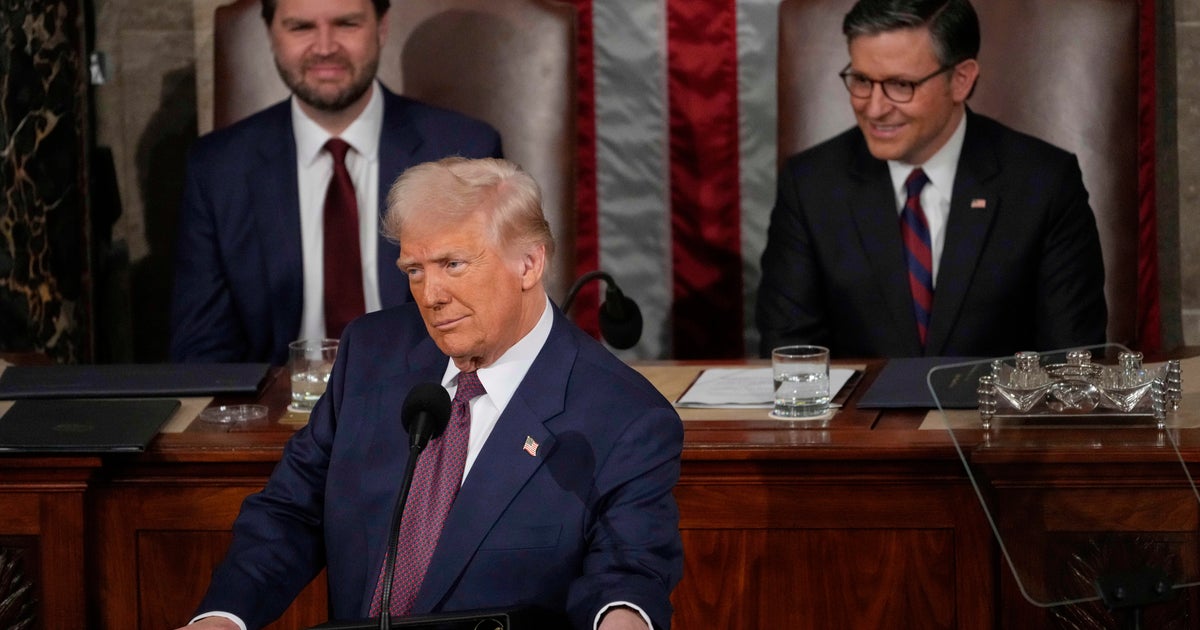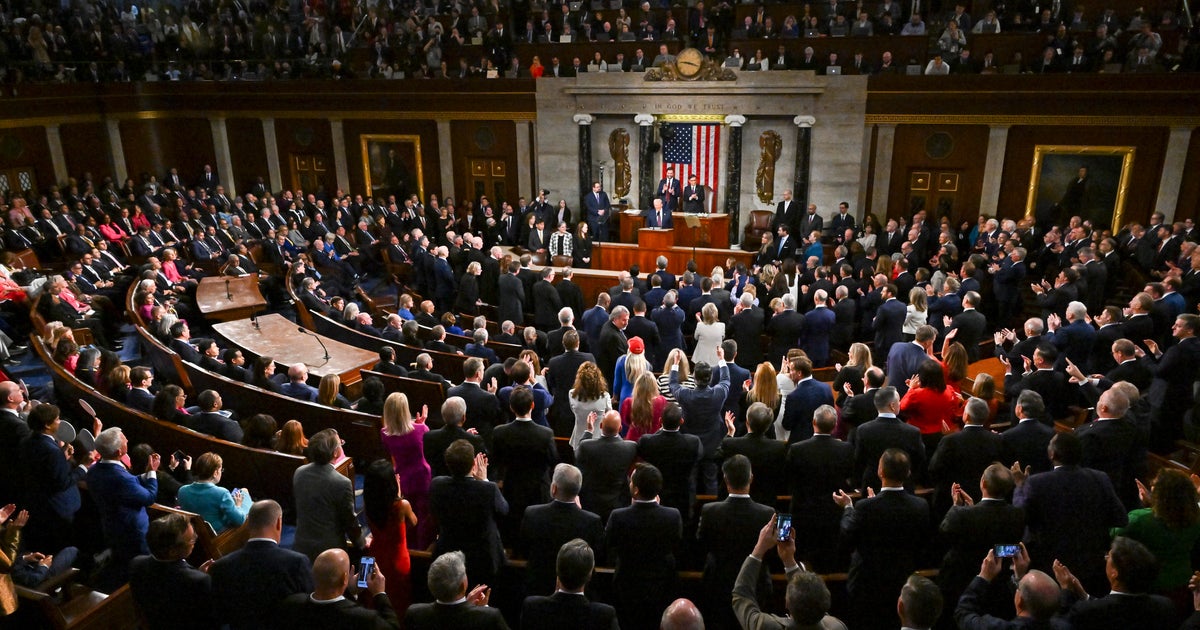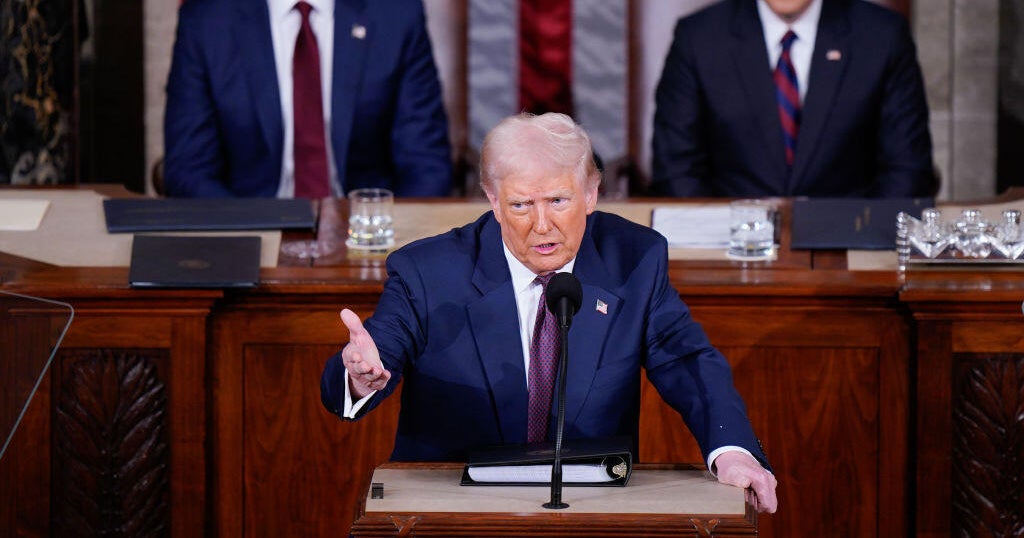Trump signs $8.3 billion emergency package to combat coronavirus
President Trump signed an $8.3 billion emergency supplemental package to respond to the coronavirus on Friday morning, after the bill was passed by overwhelming bipartisan majorities in both houses of Congress earlier this week. The bill provided far more than the $2.5 billion initially requested by the Trump administration.
"We're signing the $8.3 billion. I asked for 2.5 and I got 8.3, and I'll take it," Mr. Trump told reporters as he signed the bill. "We're doing well, but it's an unforeseen problem."
Mr. Trump also said he "may be going" to visit the Centers for Disease Control and Prevention headquarters in Atlanta, Georgia, Friday afternoon, after a White House official announced that the trip was canceled earlier this morning.
"The president is no longer traveling to Atlanta today. The CDC has been proactive and prepared since the very beginning, and the president does not want to interfere with the CDC's mission to protect the health and welfare of their people and the agency," a White House official told CBS News.
Mr. Trump is scheduled to fly to Nashville on Friday morning to survey disaster areas after tornadoes tore through the state. Afterward, he's scheduled to travel to Florida.
The $8.3 billion package includes $7.8 billion in discretionary appropriations, plus $500 million in Medicare telehealth mandatory spending, which would allow Medicare providers to furnish telemedicine services to seniors.
The deal also has funding for research and development of vaccines, support for state and local government, and assistance for small businesses, a House Democratic aide told CBS News. The aide also said the package includes $300 million to help ensure that all Americans can afford a potential vaccine.
The Trump administration has faced criticism over the availability of test kits in the United States. Vice President Mike Pence has said any American would be able to get tested for the disease, but he acknowledged Thursday, as the government raced to distribute tests, that the capacity wasn't there yet. "We don't have enough tests today to meet what we anticipate will be the demand going forward," he said.
There have been 12 deaths from coronavirus in the United States — 11 in Washington state and one in California, which has declared a state of emergency as it tests passengers on a cruise ship quarantined off the San Francisco coast. There were at least 230 confirmed cases in 21 states, including Nevada and Colorado, which reported their first cases of COVID-19 on Thursday.
Sara Cook contributed to this report.



